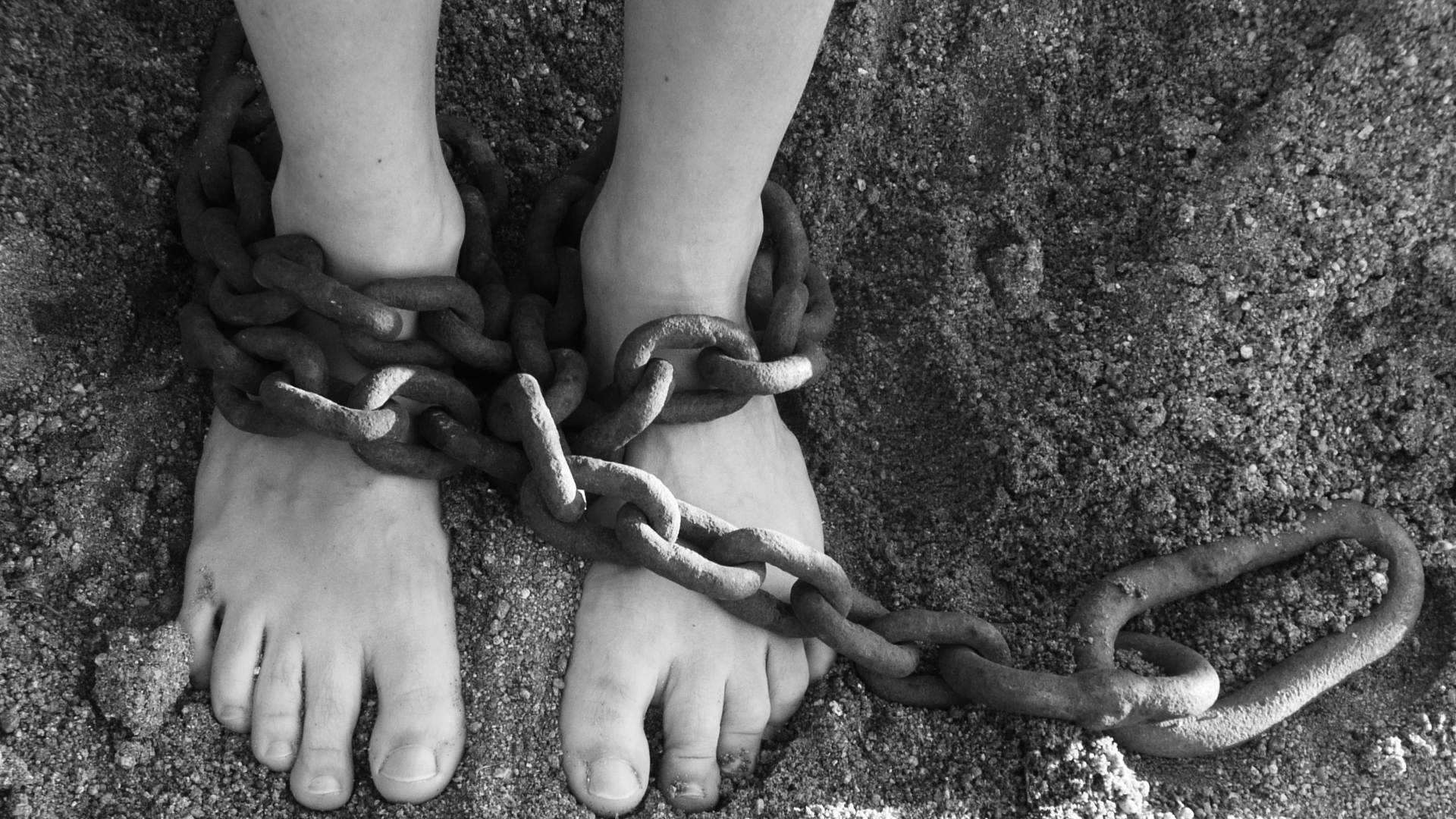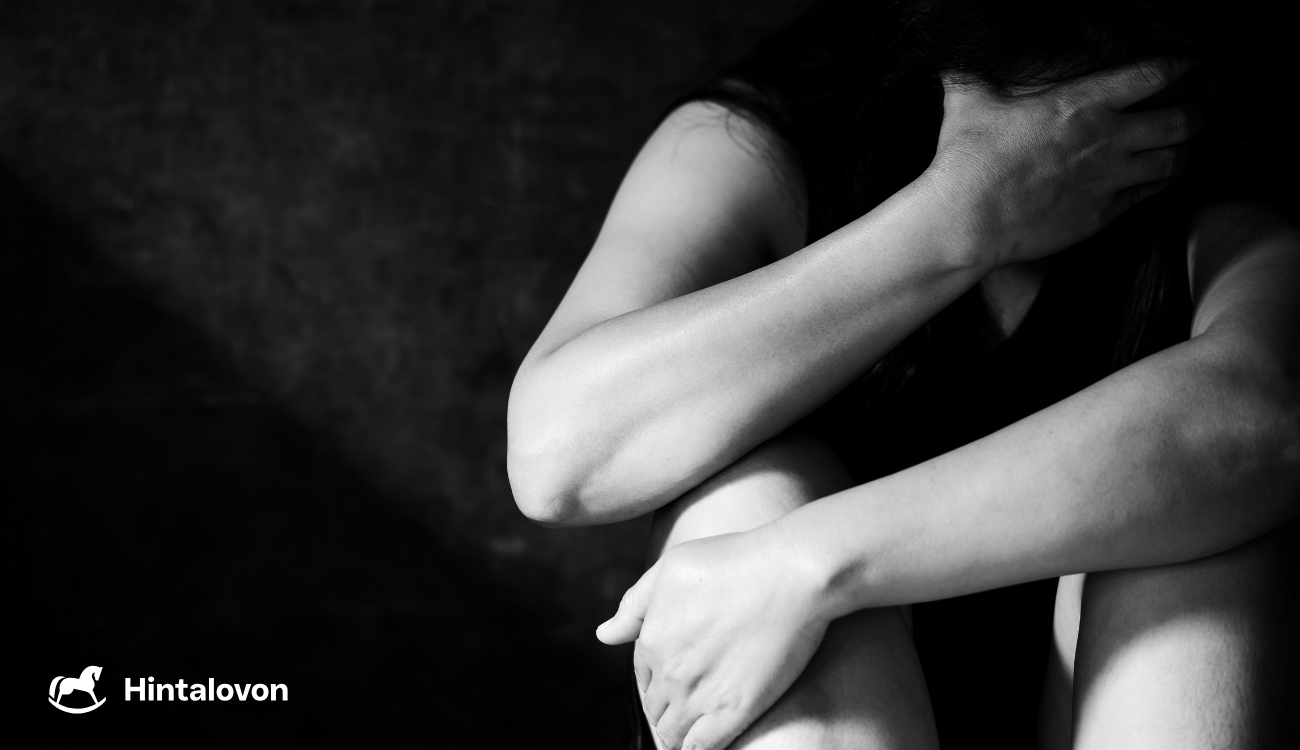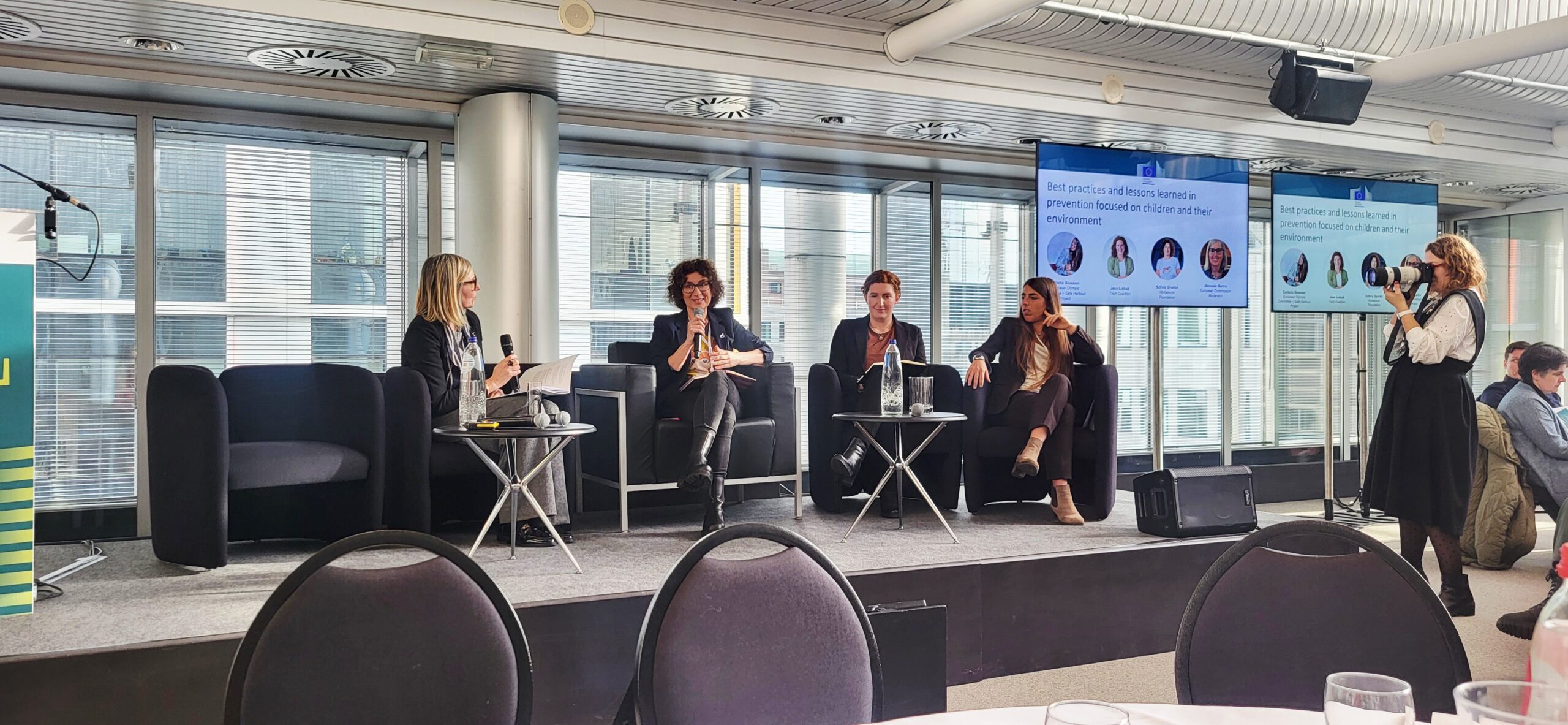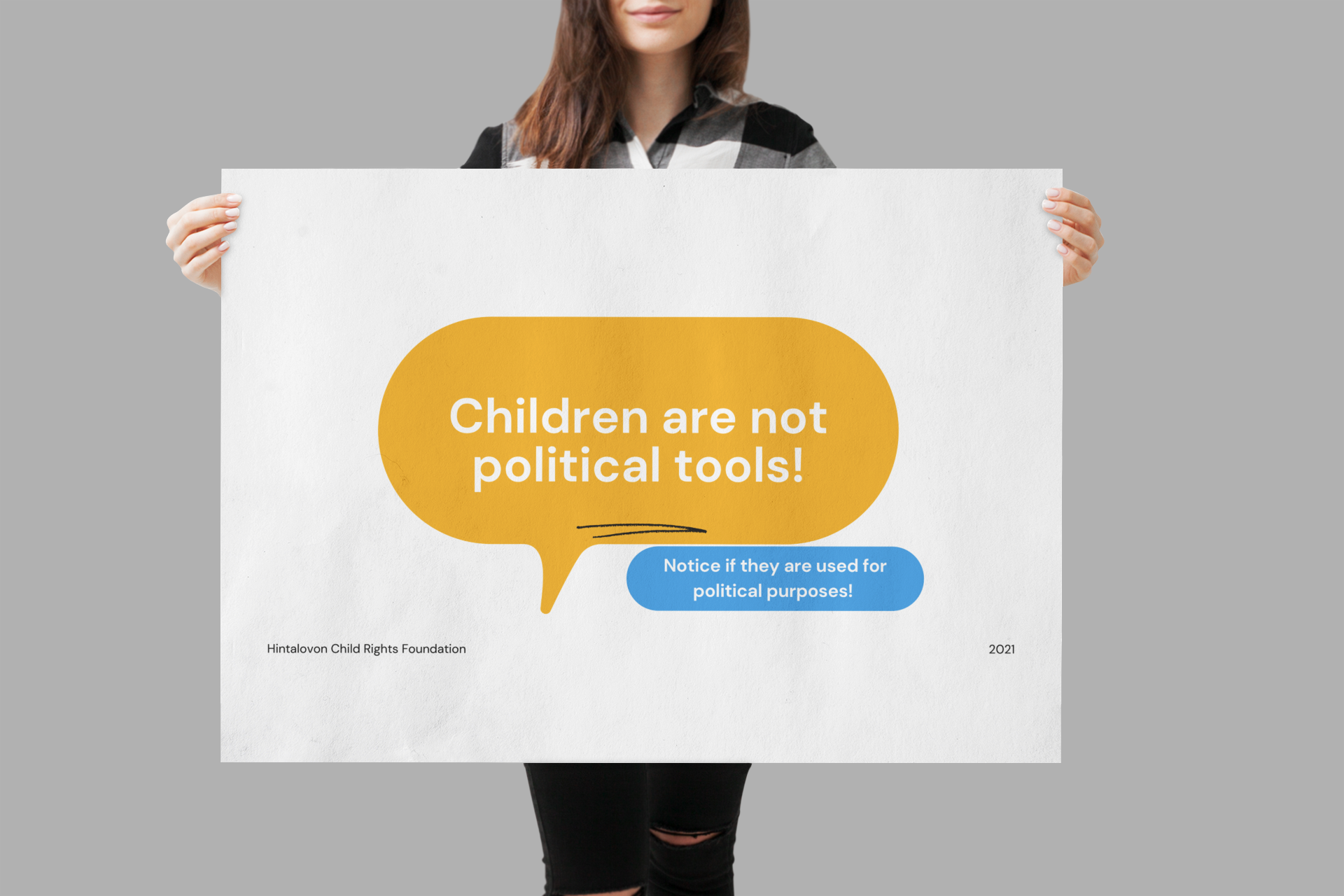Humanitarian emergencies can reinforce people’s desire to help, but there are also those who seek to take advantage of the vulnerability of refugees.
People are continuously fleeing from the war from Ukraine whilst their escape is getting harder by the day. Humanitarian emergencies can reinforce people’s desire to help, but there are also those who seek to take advantage of the vulnerability of refugees. Professional human traffickers are the most difficult to identify-they are exploiting refugees in exchange for money, goods and slave labour.
How to recognise and what to do if you suspect that a Ukrainian refugee has been trapped by human traffickers?
Most common signs:
- Poor placement of the refugees. They are transported and accommodated in humiliating conditions (crowded, ignoring their genders, family relations, health conditions and needs).
- The refugee has to live with their employer or they need to work for their host or for the person who promised their transport.
- The refugee refuses to speak with strangers (including you) alone. Their host, transporter doesn’t allow them to have contacts with others (e.g. helpers, public or municipal organisations, NGOs); or the refugee only communicates with pre-written, memorised texts.
- Personal documents have been taken from the refugees (passport, national ID, visa etc).
- The refugee works for free or very low pay.
- There are signs of physical abuse, physical or mental violence, intimidation, humiliation. The refugee is scared, worried for the safety of their family (not because of the war, but because of a person or threat)
- The refugee is forced into prostitution or sexual relationships with others.
Useful information if you suspect having a met a refugee who has been trapped by human traffickers:
Human trafficking is a crime.
No matter what criminals have told refugees, according to Hungarian law only criminals can be prosecuted and not victims!
There is a public care system: an Anti-Trafficking Unit has been set up within the police, and Victim Support Services can provide specialised assistance (e.g. shelter), even without the person concerned having to make a criminal complaint.
For more information on shelter and other forms of assistance, please contact OKIT (National Crisis Management and Information Helpline): 06 80 20 55 20
For more information on the public care system in Hungarian, click here.












